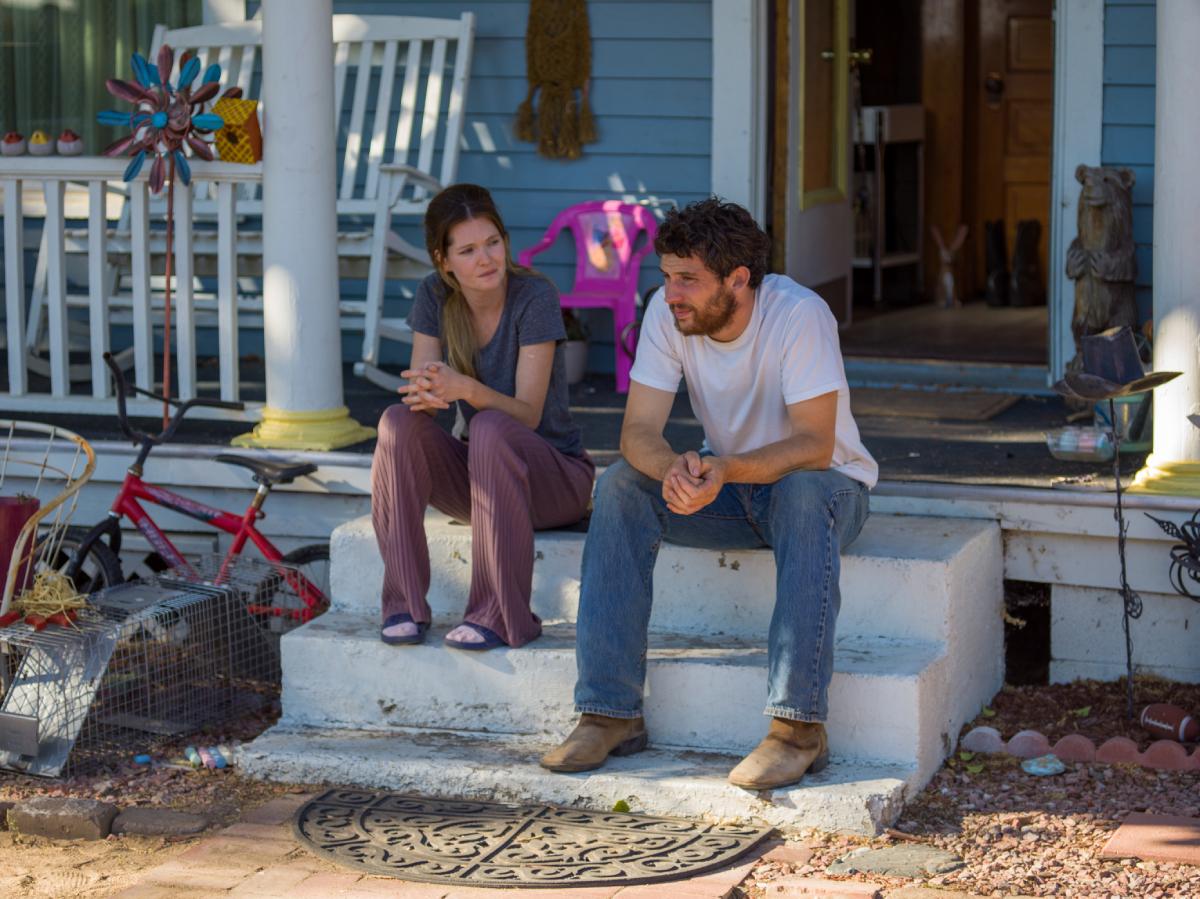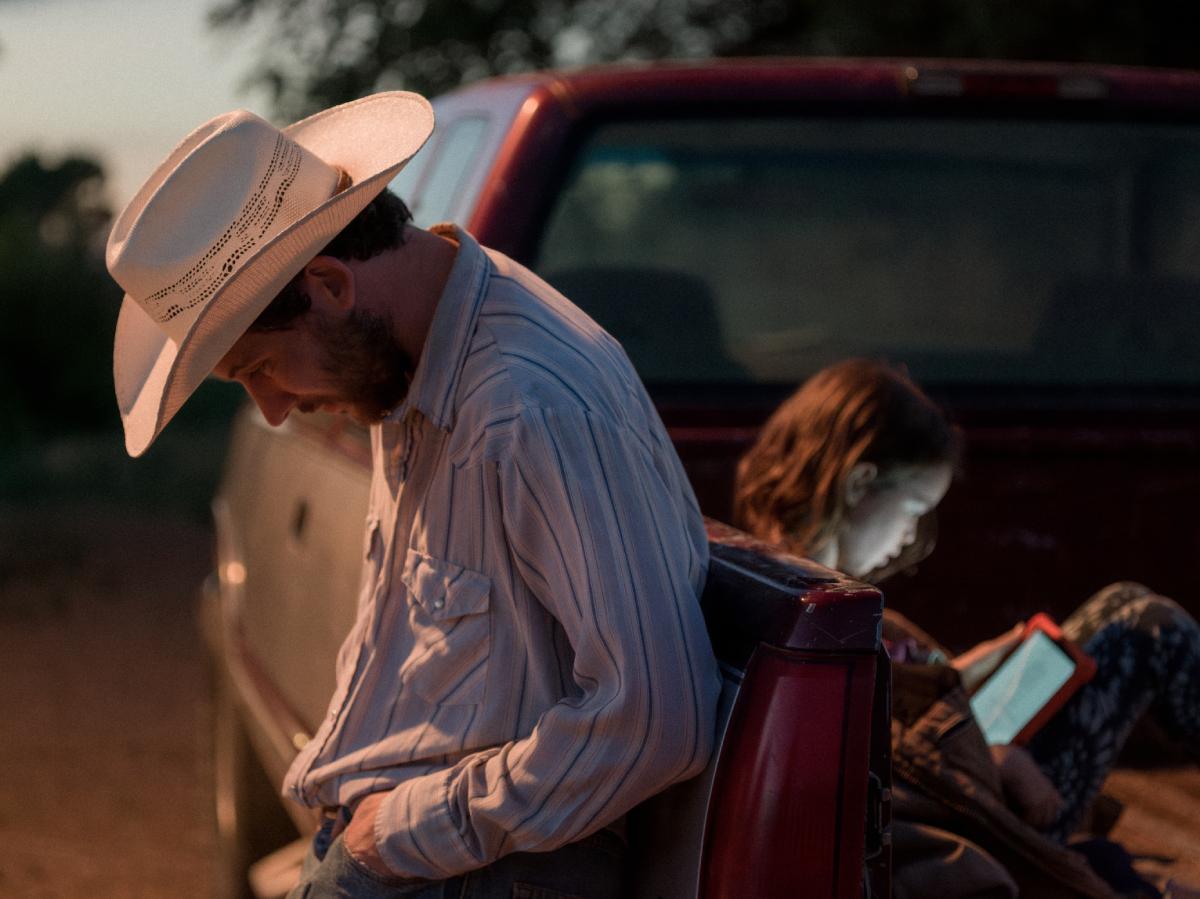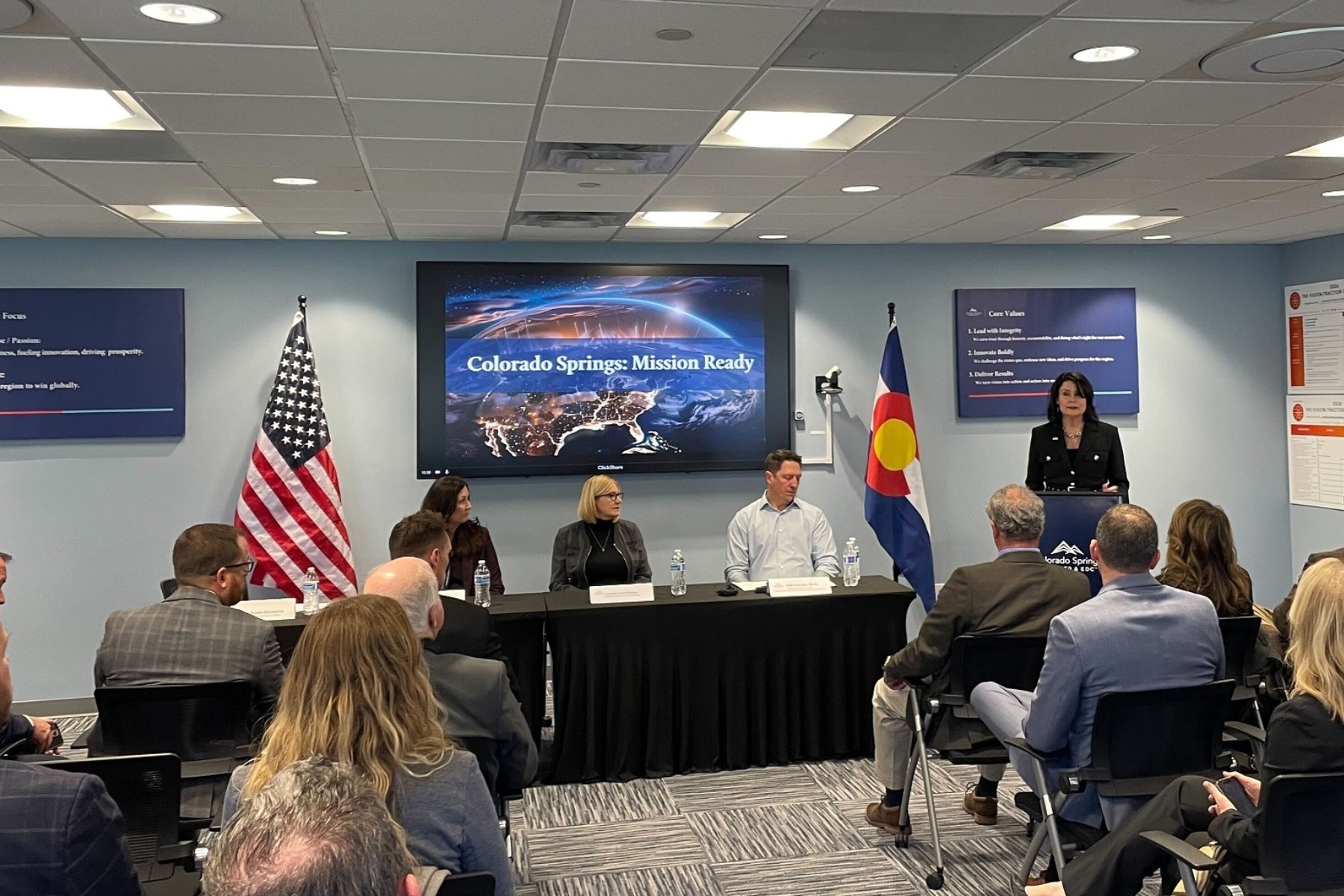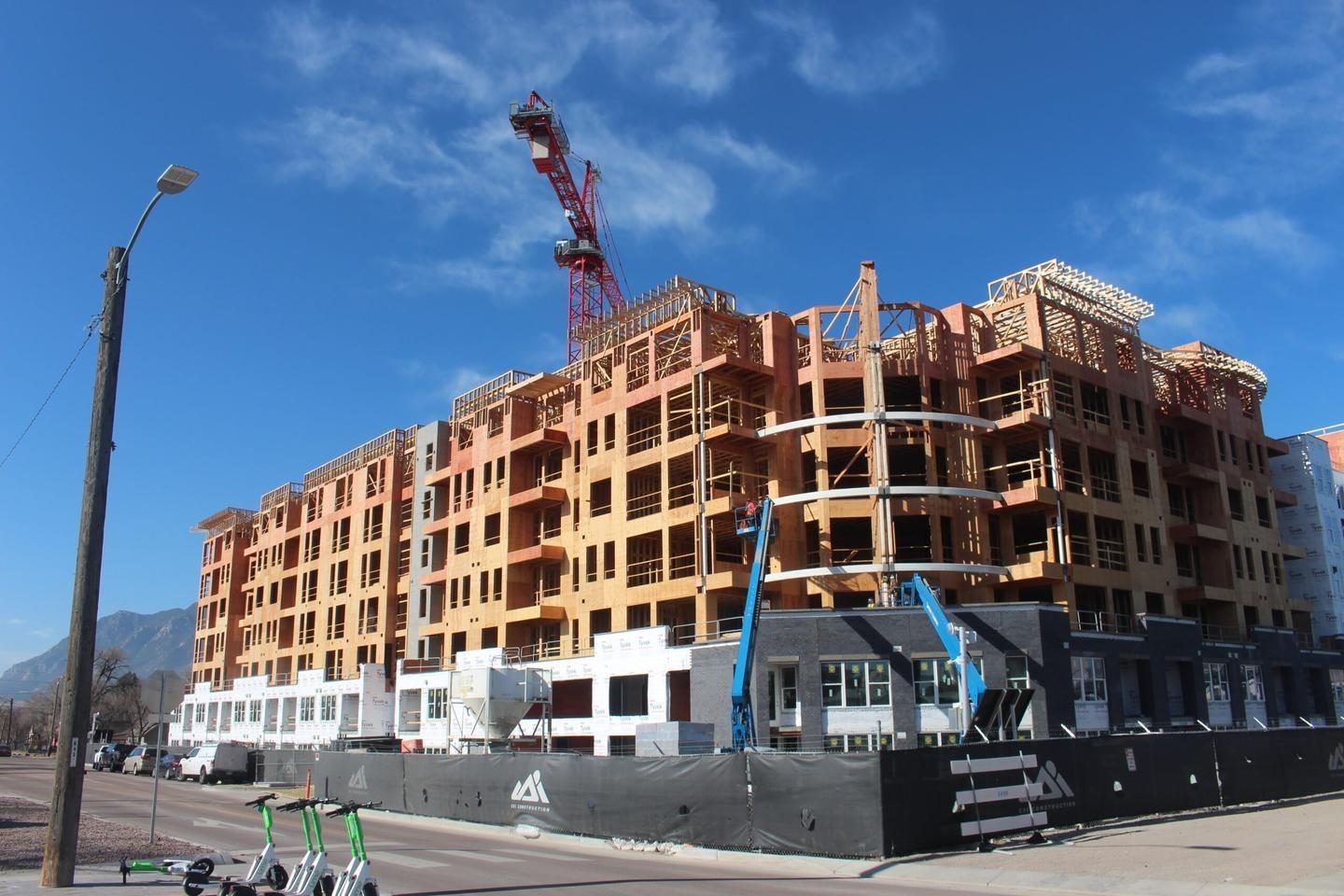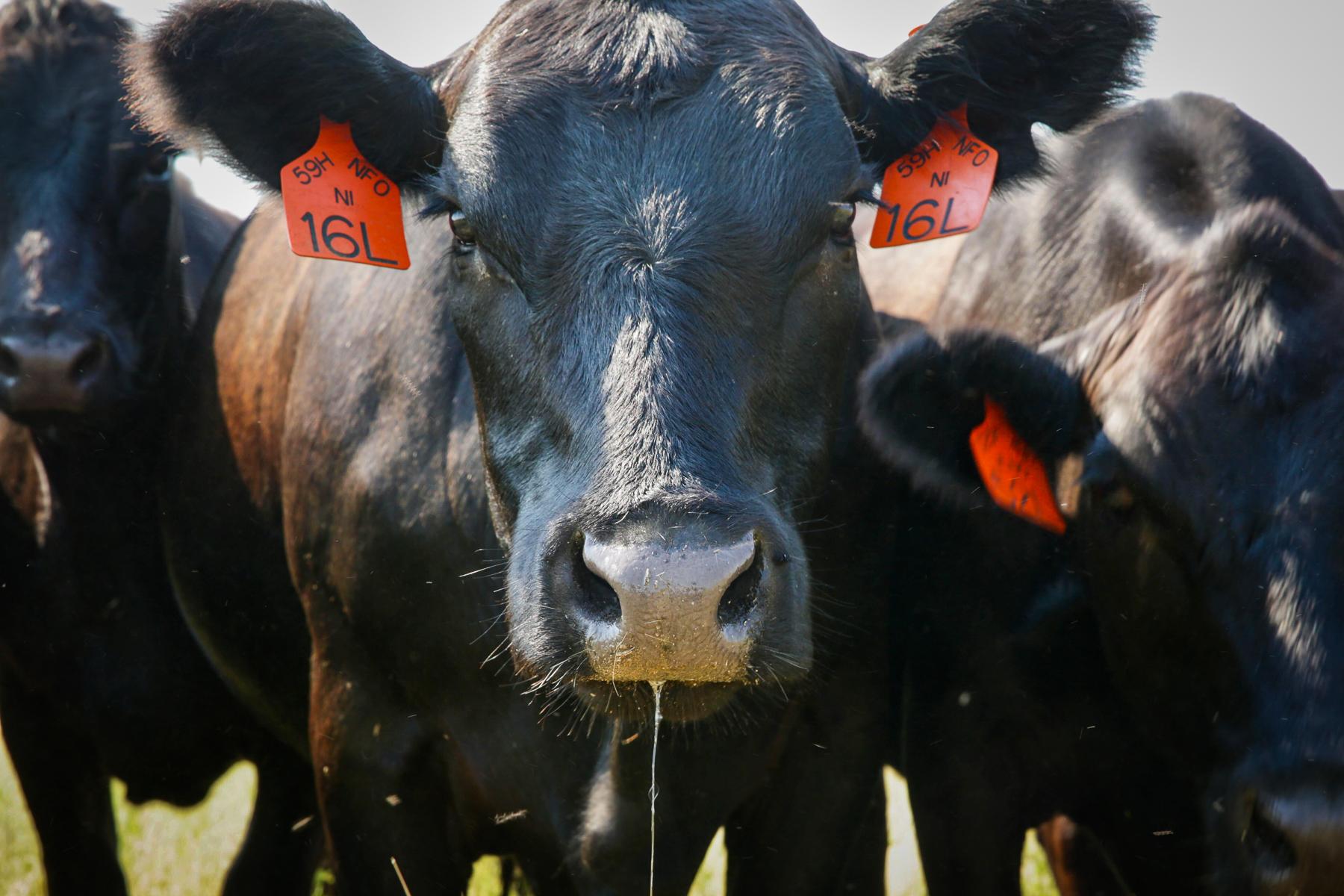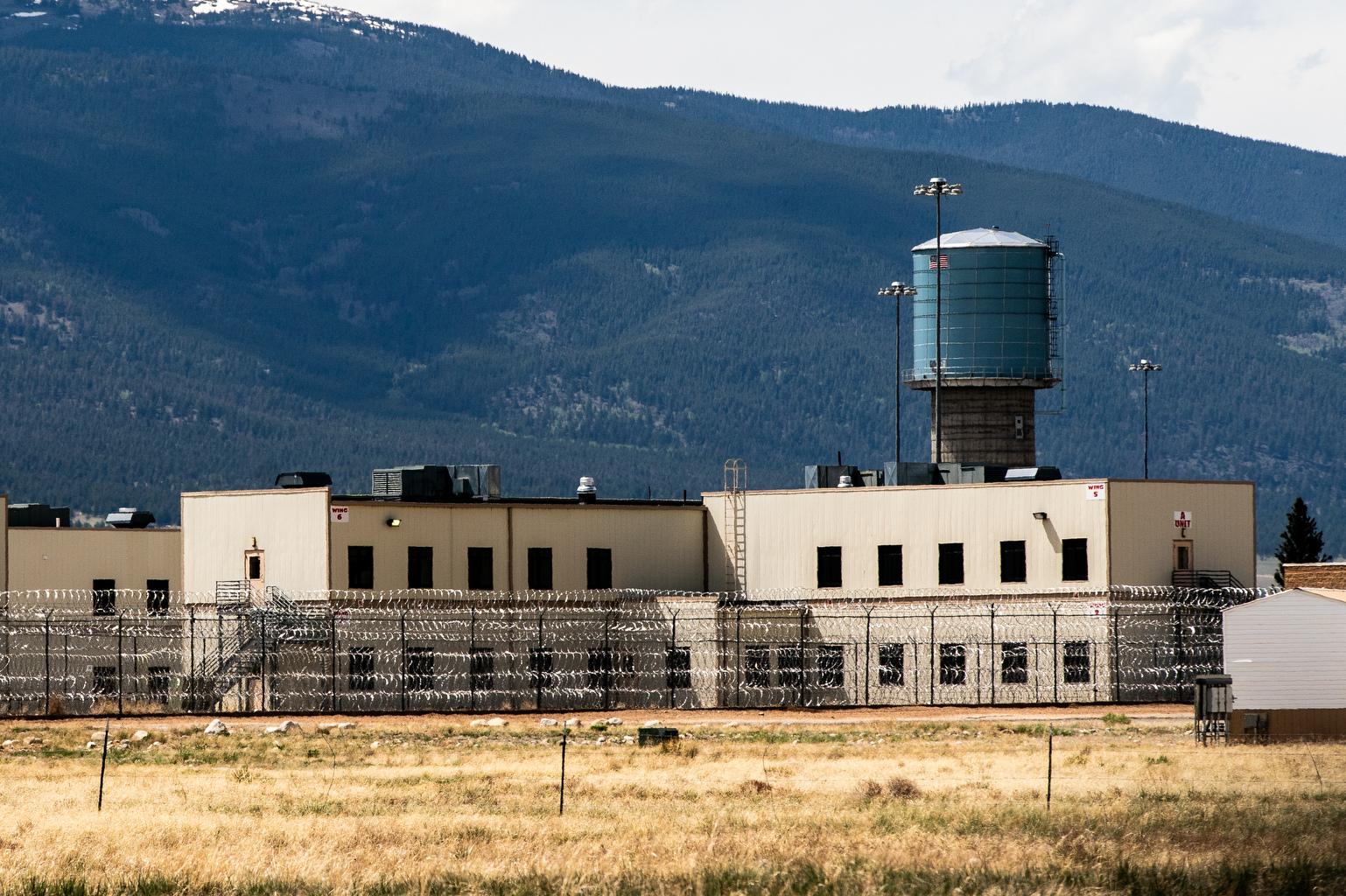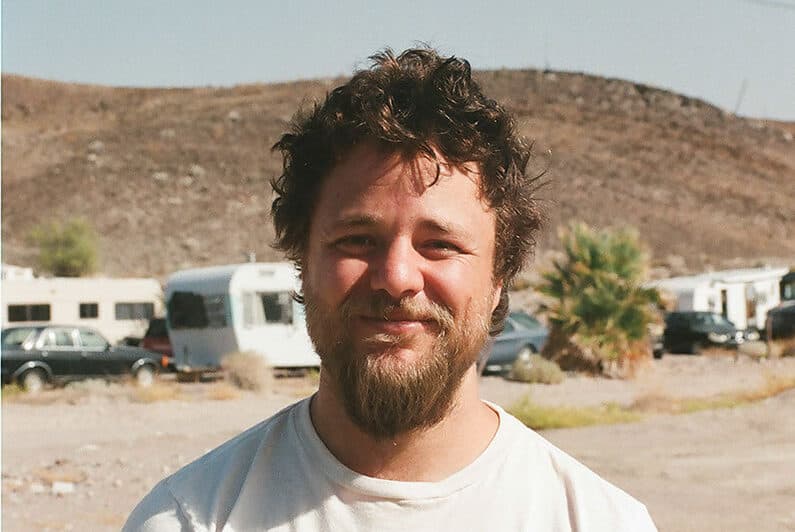
Updated Dec. 11, 2025.
Max Walker-Silverman’s new film, “Rebuilding,” is set in the San Luis Valley. It was also shot in the San Luis Valley.
That might not sound like a big deal, but when New Mexico is offering up to 40 percent in refundable tax credits, it’s hard to justify shooting something in Southern Colorado that could just as easily be shot south of the state line.
“I'm so on the fringes of ‘the biz,’ if I can even call it that,” 32-year-old director Walker-Silverman joked, “but I think as much as possible, movies should be shot where they take place. And this movie took place in Colorado, and I'm really grateful to work with producers and financiers who were willing to support that.”
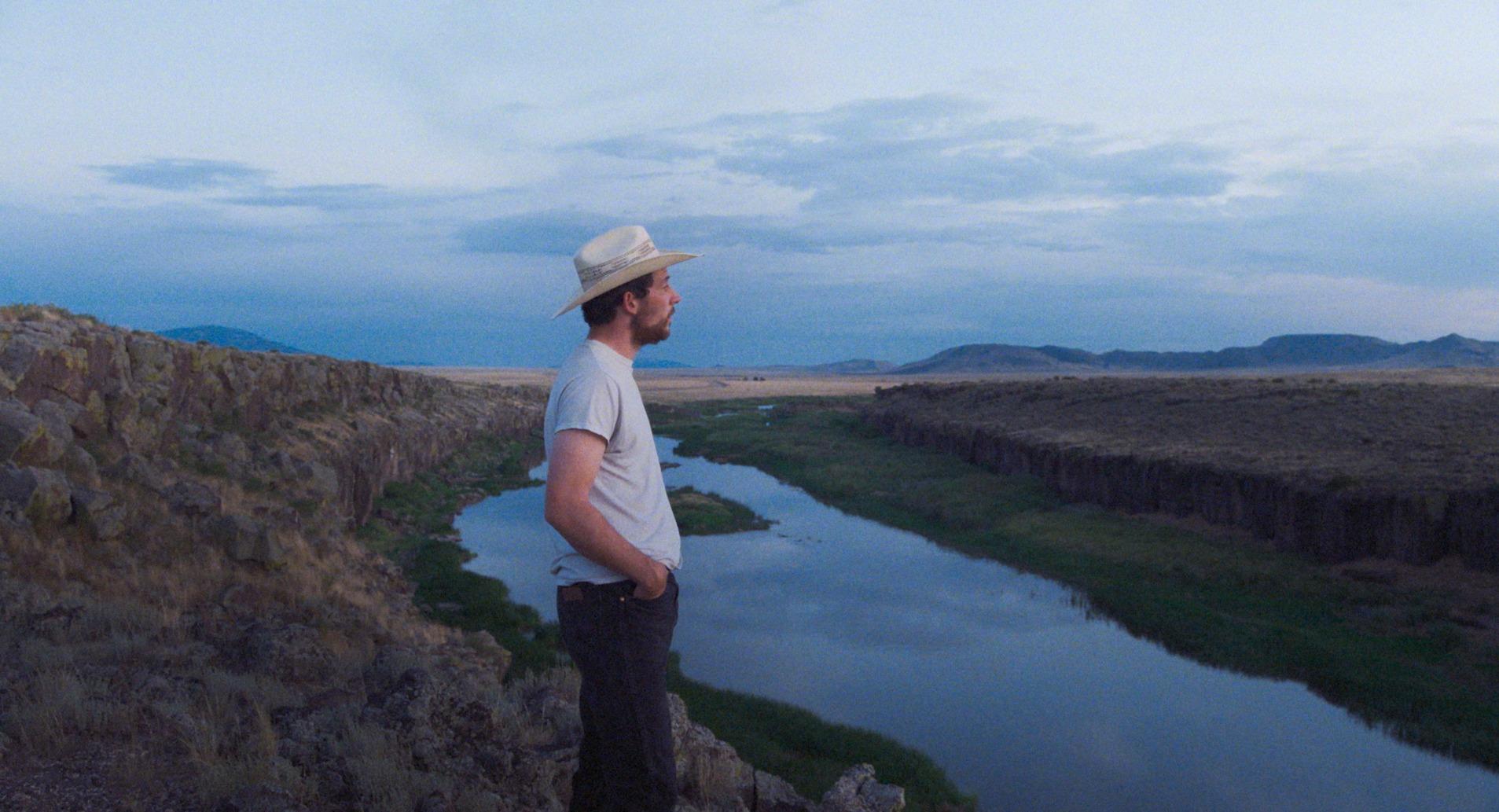
“Do I think the broader game of states trying to undercut each other to spend taxpayer money for movies that are often coming from huge mega corporations is ultimately a winning game?” he wondered. “Probably not.”
But he doesn’t seem to be concerned with what everyone else is doing.
“Telluride is home,” he said.
So, after college in California and graduate school in New York, Walker-Silverman felt pulled back to San Miguel County.
“It’s been a journey full of stumbles and missed turns, but good views,” he said, of trying to be a filmmaker in Colorado.
“Telluride's changed a lot. I grew up around rednecks and mountain hippies, but everyone was doing theater or writing or welding sculptures. It was just kind of what you did. And that's how I was raised. Art wasn't weird. It was just part of life.”
Max Walker-Silverman, writer and director of "Rebuilding"
Painting fiction on a canvas of reality
Colorado is no stranger to wildfires. According to a 2025 study from Colorado State University, approximately 237,500 acres burn in Colorado each year and the number of annual fires has increased from an average of 13 in the 1990s to more than 70 in the 2020s. The size of individual wildfires has also increased, with eight of the state's 10 largest fires occurring since 2012.
This past summer, the Lee Fire burned approximately 137,758 acres, making it the fifth largest in state history.
Wildfire has also touched Walker-Silverman’s life — his grandmother lost her home to a wildfire. That, he said, is one of many things that influenced the way he wrote this story.
“You're trying to make something that looks, and especially feels, true and honest,” he said. “How can you take real struggles and real lives and real losses and experiences that people have undergone and use the brush of fiction to paint that into something beautiful and hopeful, but not fake or condescending?”
“That's sort of the line that you're walking in this work.”
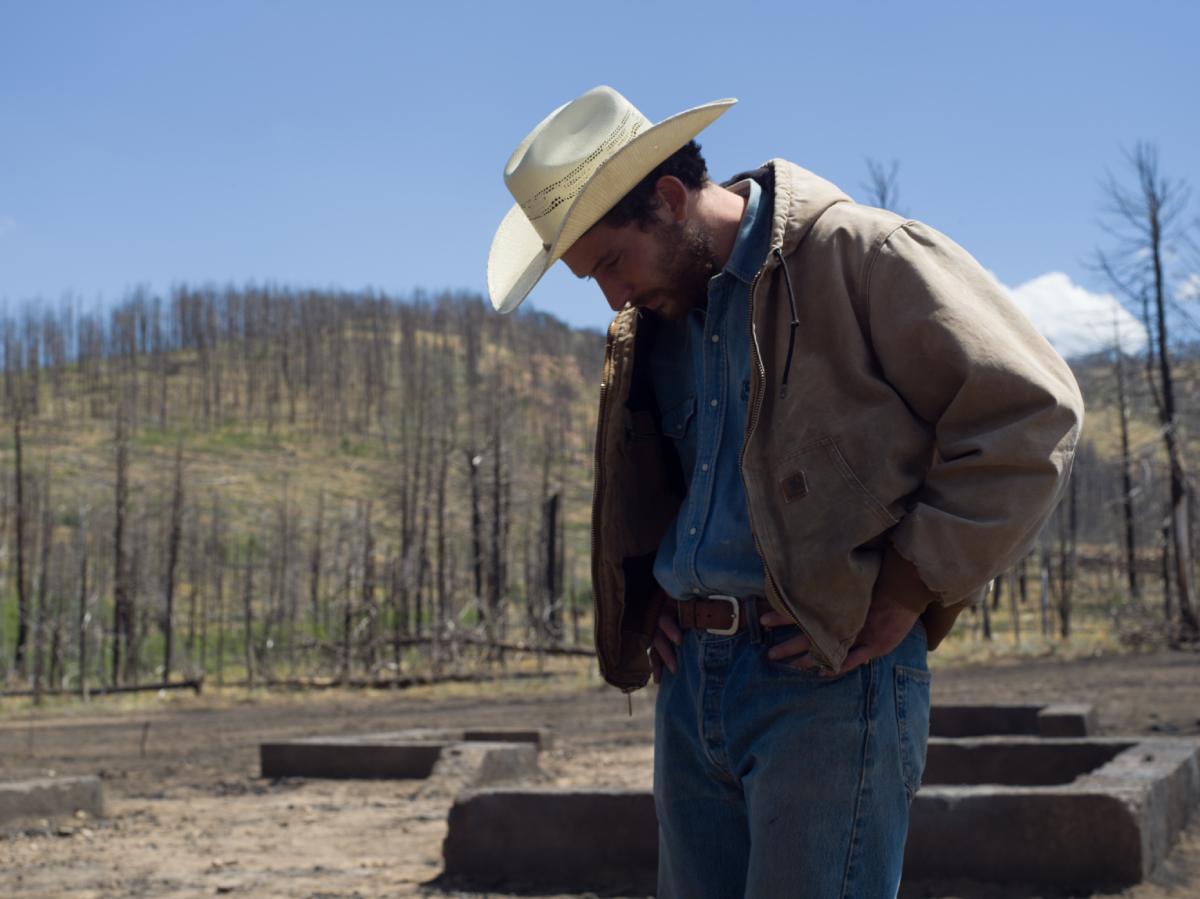
“Rebuilding” is a story about wildfire. Except, it’s not.
At the beginning of the “Rebuilding”, we meet a down-on-his-luck cowboy — played by Josh O’Connor — who just lost his generational family home to a wildfire. He’s been relocated to temporary housing in a Federal Emergency Management Agency (FEMA) trailer park. And, he’s at odds with his ex-wife (Meghann Fahy) and young daughter (Lily LaTorre).
Walker-Silverman said the film is broadly rooted in his experience moving home to Colorado.
He was grappling with the state’s tension between past and future: he saw how rural places had changed, how development and gentrification had displaced communities, and how climate change and natural disasters had put people in impossible positions.
“How do you put down roots in the warming, drying West?What does it mean to take a lease on an apartment that can't get fire insurance? What does it mean to smell smoke all summer and know that it's a matter of when and not if? And can you make such a place a home when the future is not just uncertain, but actually kind of certain to be perilous?”
Max Walker-Silverman, writer and director of "Rebuilding"
“I decided the answer is yes. It has to be yes,” he said. ”You have to believe in the future in order to fight for it.”
That’s what “Rebuilding” is about: learning to fight for the future in an uncertain world.
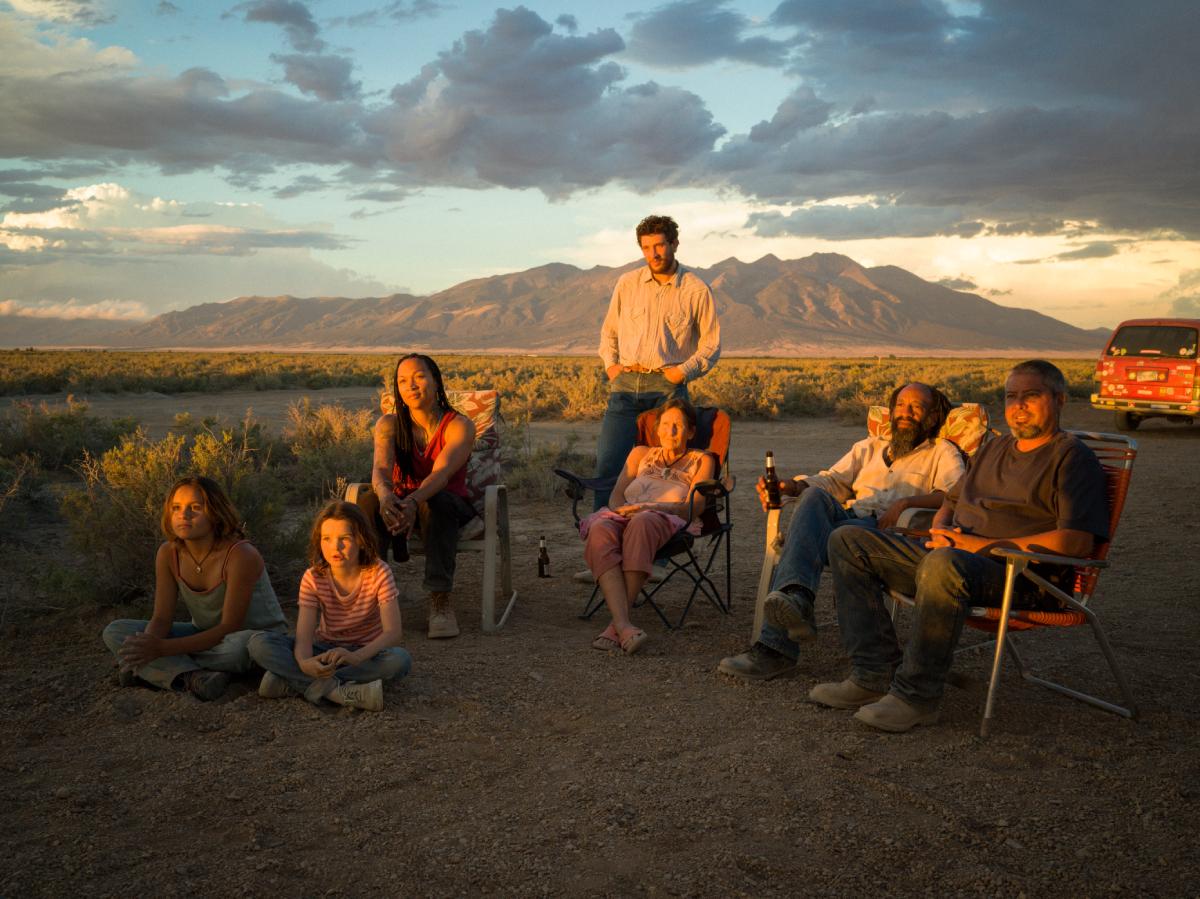
It’s also why audiences don’t see the fire.
“That's not what the movie's about,” Walker-Silverman said. “The movie's about what happens afterwards.”
“There is this side of cinema that’s like, ‘Oh, let's take the worst day of someone's life and make it really dramatic and exciting,’” he said. “I can't imagine doing that. It leaves such a bad taste.”
Instead, he wanted the challenge of making an interesting film that avoided the spectacle of devastation and focused on the human element.
“I do believe if you make a little extra space away from some of those more predictable dramas, you can stumble into deeper and harder to explain beauties and experiences,” he said. “And if you craft it together properly, maybe even gift that to the audience as well.”
“Rebuilding” is screening at select theaters across the country, including upcoming screenings in Alamosa, Aurora, Centennial, Colorado Springs, Denver, Grand Junction, Highlands Ranch, Lakewood and Sheridan on Dec. 12. This page will be updated with additional screenings as they are scheduled. The film also hopes to find a home on a streaming platform in the near future.

